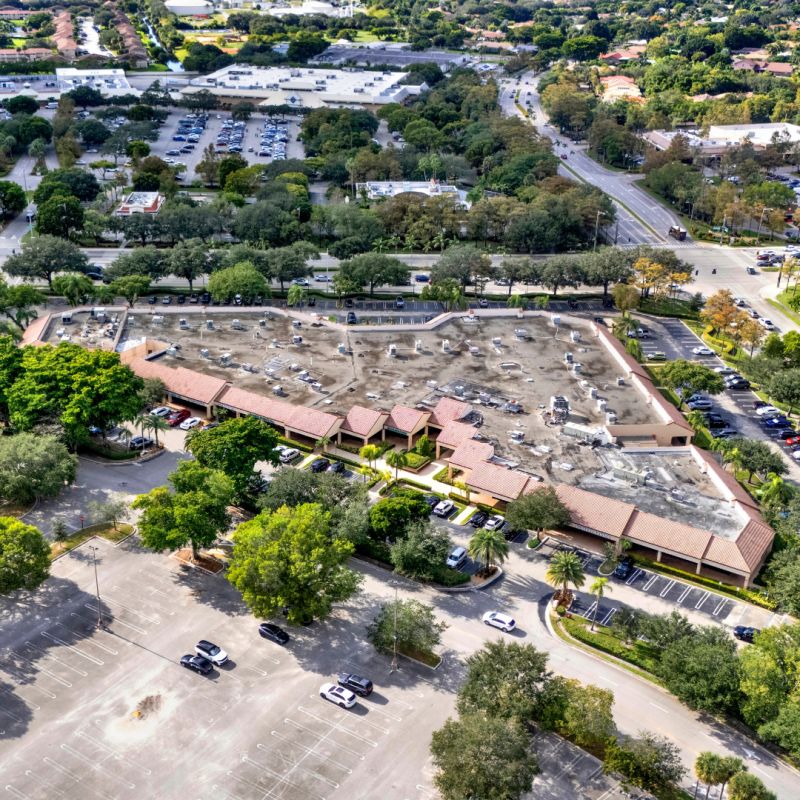D
ecember into January is a time when predictions and forecasts flood the market, particularly in industries like commercial real estate investing where trust is paramount. Experts emerge with claims of expertise, but it's challenging to discern who might be right. While even seasoned experts can't always predict the future accurately, you want to feel confident that they're not operating in their own world.
This time of year isn't unique for augury and divination, but it's a prominent period when advisors, vendors, and market research firms share their visions. These predictions are often sales tools, which is understandable given the competitive nature of the industry.
When considering an advisor or institution to aid your commercial real estate investment, take a crucial step in your vetting process: review their past predictions and assess how accurate they were. A good example is LPL Financial's self-assessment of their 2024 calls, highlighting both hits and misses:
* They correctly advised staying fully invested, despite recession concerns.
* However, they underestimated the S&P 500 drawdown in August, missing an opportunity to adjust equity market risk.
* Growth outperformed value by 19 percentage points, as predicted.
* Communication services returned 40.2%, while real estate gained only 5.2%.
* Their S&P 500 target price was too low due to underestimating interest rate expansion.
This exercise is not limited to this example; it's essential to evaluate any advisor or institution that makes predictions about the future. Pay closer attention to those selling financial products, as their advice may be self-serving. Seek out available data and assess how accurately they predicted market outcomes in the past.















